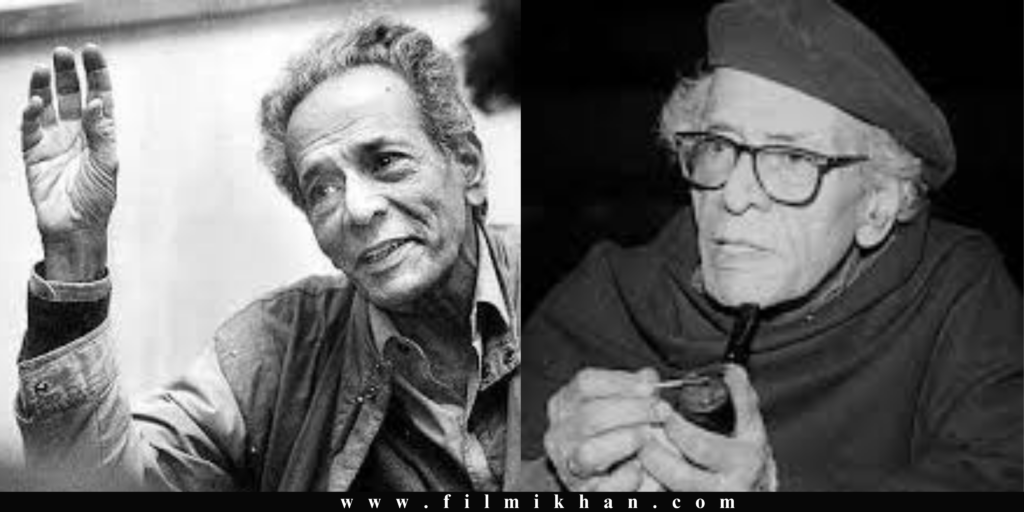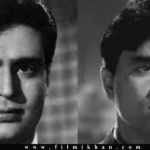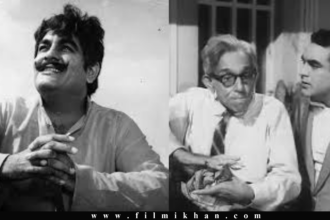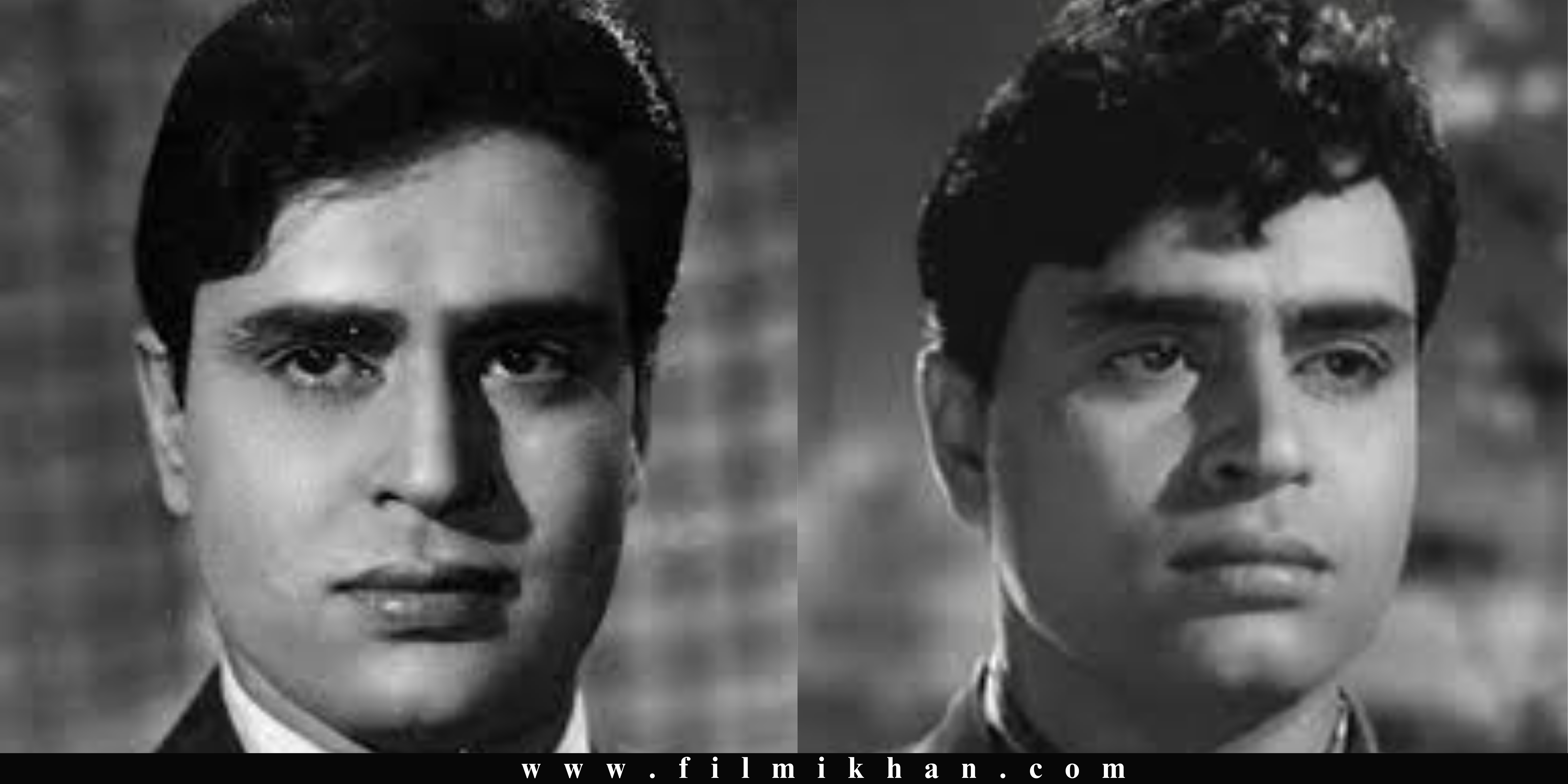
Habib Tanvir, one of the most iconic and pioneering figures in Indian theatre, left an indelible mark on the cultural landscape of the subcontinent. Known for his deep connection with folk traditions, his political consciousness, and his experiments with form and language, Tanvir revolutionized modern Indian theatre by bringing the stories and spirit of the rural heartland to urban stages—without compromising authenticity or artistry.
He was born on September 1, 1923, in Raipur (then part of the Central Provinces and Berar, now in Chhattisgarh), Habib Ahmed Khan, who later adopted the pen name Tanvir, was drawn to literature and performance from a young age. After completing his education at Aligarh Muslim University and Nagpur University, he moved to Bombay (now Mumbai) where he began his career as a journalist, poet, and actor.
Habib Tanvir later went on to study theatre formally at the Royal Academy of Dramatic Art (RADA) and the Bristol Old Vic Theatre School in England. During his time in the UK in the 1950s, he was exposed to Western theatrical forms, Brechtian political theatre, and Shakespearean classics. These experiences shaped his aesthetic, but he would ultimately root his practice in the soil of Indian folk traditions.
Upon his return to India, Tanvir founded Naya Theatre in 1959, which became the primary vehicle for his theatrical explorations. Unlike many of his contemporaries who followed Eurocentric models, Tanvir sought to blend indigenous performance styles with modern dramaturgy. He worked extensively with rural and tribal performers, especially from Chhattisgarh, integrating their dialects, music, gestures, and storytelling techniques into his productions.
His most famous play, “Charandas Chor” (1975), exemplifies this synthesis. Based on a Rajasthani folktale and rendered in Chhattisgarhi, the play tells the story of a principled thief who refuses to break four promises. It became a global success, performed across India and abroad, winning the Fringe First Award at the Edinburgh Festival in 1982. It is celebrated for its lyrical realism, earthy humour, and moral depth.
Habib Tanvir’s notable works include “Agra Bazar” (1954), a play about the Urdu poet Nazir Akbarabadi that involved local fruit sellers and ordinary people as actors, and “Gaon ka Naam Sasural, Mor Naam Damaad” (1973), which humorously critiqued social and political institutions.
Habib Tanvir was not just a theatre artist but also a committed intellectual with a leftist worldview. He used theatre as a tool for critique and consciousness-raising. His plays often tackled themes of social injustice, caste oppression, religious bigotry, and state authoritarianism.
He was also a member of the Communist Party and later the Rajya Sabha (upper house of India’s Parliament), representing the interests of the arts and the working class. His commitment to secularism, plurality, and people’s empowerment remained unwavering throughout his life.
Tanvir’s contribution to Indian theatre is monumental. He demonstrated that folk traditions are not relics of the past but living, dynamic forms capable of powerful expression. He gave rural actors—not just roles, but a place of honour on national and international stages.
Habib Tanvir innovations continue to influence generations of theatre practitioners, from rural collectives to avant-garde troupes in metropolitan India. In recognition of his work, he was awarded the Padma Shri in 1983, the Sangeet Natak Akademi Award, and the Padma Bhushan in 2002.
Habib Tanvir passed away on June 8, 2009, in Bhopal at the age of 85. His passing marked the end of an era, but his influence continues. Naya Theatre, now run by his daughter Nageen Tanvir and former colleagues, carries on his legacy.
Tanvir taught India that theatre could be deeply political and profoundly poetic—at once local and universal. His vision bridged the gap between village square and proscenium arch, and in doing so, redefined what Indian theatre could be.
Habib Tanvir was more than a director; he was a movement. By championing the voices of the marginalized and celebrating the power of tradition in contemporary storytelling, he reshaped Indian theatre’s narrative. His work remains a testament to the transformative power of art rooted in the people. As the curtain falls and rises again on stages across India, his spirit continues to animate every story that dares to speak truth with simplicity and soul.







